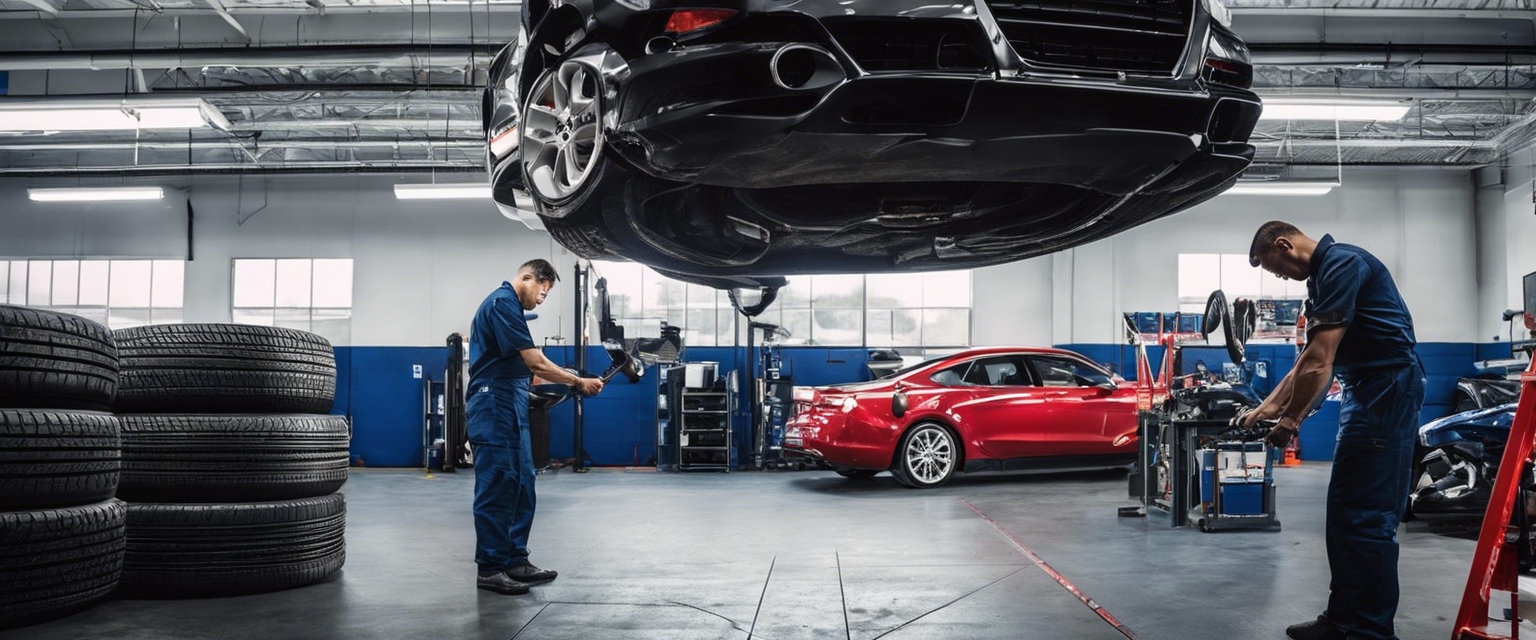The ultimate guide to choosing the right tyres for your vehicle
Choosing the right tyres for your vehicle is a critical decision that affects safety, performance, and efficiency. The right set of tyres can enhance your driving experience, while the wrong choice can lead to increased costs and potential hazards.
Understanding Tyre Specifications
Every vehicle has a specific tyre size designed to fit its wheels. This information is usually found on the sidewall of your current tyres or in the owner's manual. It includes the tyre width, aspect ratio, and diameter.
The load index indicates the maximum weight each tyre can support, while the speed rating signifies the maximum speed at which the tyre can safely operate. Both are crucial for your vehicle's performance and safety.
There are different types of tyres such as all-season, summer, and winter tyres, each designed to perform optimally in specific conditions. Choosing the right type based on your local climate and season is essential.
Assessing Your Driving Needs
Consider the roads you typically drive on—whether they're urban streets, highways, or rough terrains. Your driving environment will influence the type of tyres you need.
The type of vehicle you drive and how you use it—whether for daily commuting, long-distance travel, or off-road adventures—also affects your tyre choice.
Brand and Budget Considerations
While budget is an important factor, investing in quality tyres from reputable brands can save you money in the long run through better durability and performance.
Consider the long-term value of the tyres, including warranty offers, expected lifespan, and potential savings on fuel due to improved efficiency.
Performance and Safety Features
The tread pattern affects the tyre's grip and its ability to disperse water. Adequate tread depth is vital for maintaining traction and preventing hydroplaning.
Look for tyres with excellent wet grip ratings to ensure shorter braking distances in rainy conditions, enhancing safety.
Some tyres are designed to reduce rolling resistance, which can improve fuel efficiency. Noise level is also a comfort factor to consider, especially for long drives.
Maintenance and Care for Longevity
Regular maintenance, including pressure checks and wheel balancing, can extend the life of your tyres and maintain their performance.
Developing a rotation schedule and knowing when to replace your tyres will help you get the most out of your investment and ensure ongoing safety.






Comments (0)